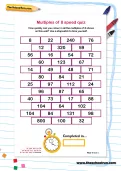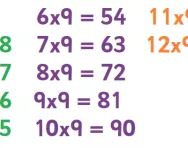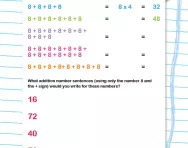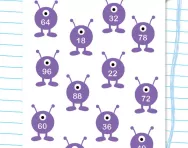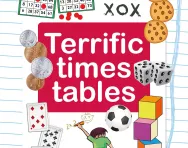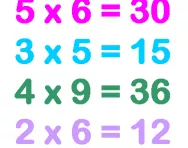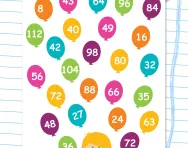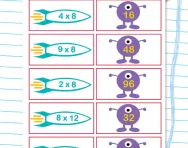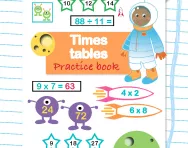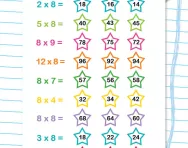Important update from TheSchoolRun
For the past 13 years, TheSchoolRun has been run by a small team of mums working from home, dedicated to providing quality educational resources to primary school parents. Unfortunately, rising supplier costs and falling revenue have made it impossible for us to continue operating, and we’ve had to make the difficult decision to close. The good news: We’ve arranged for another educational provider to take over many of our resources. These will be hosted on a new portal, where the content will be updated and expanded to support your child’s learning.
What this means for subscribers:
- Your subscription is still active, and for now, you can keep using the website as normal — just log in with your usual details to access all our articles and resources*.
- In a few months, all resources will move to the new portal. You’ll continue to have access there until your subscription ends. We’ll send you full details nearer the time.
- As a thank you for your support, we’ll also be sending you 16 primary school eBooks (worth £108.84) to download and keep.
A few changes to be aware of:
- The Learning Journey weekly email has ended, but your child’s plan will still be updated on your dashboard each Monday. Just log in to see the recommended worksheets.
- The 11+ weekly emails have now ended. We sent you all the remaining emails in the series at the end of March — please check your inbox (and spam folder) if you haven’t seen them. You can also follow the full programme here: 11+ Learning Journey.
If you have any questions, please contact us at [email protected]. Thank you for being part of our journey it’s been a privilege to support your family’s learning.
*If you need to reset your password, it will still work as usual. Please check your spam folder if the reset email doesn’t appear in your inbox.
Multiples of 8 speed quiz
How quickly can you colour in all the multiples of 8 shown on this wall? Use a stopwatch to time yourself.
What are multiples and are they connected to times tables?
Multiples are the result of multiplying a number by an integer. In other words, the multiples of a number are what you get when you multiply that number by 1, 2, 3, 4 and so on.
Multiples are directly connected to times tables because times tables list the first few multiples of each number. When children learn times tables, they are essentially learning the multiples of numbers in a structured way.
What is an example of a multiple of 8?
Here are a few examples of multiples of 8:
8 x 1 = 8
8 x 3 = 24
8 x 5 = 40
How will this times table/multiples worksheet help your KS2 child?
This fun speed quiz was created by an experienced primary school teacher to help your child practise multiples of 8. They will need to utilise their knowledge of the 8 times table to help them be as quick as possible!
For more help with times tables, check out our hub page, or try a new challenge such as our Mixed times table challenge.
